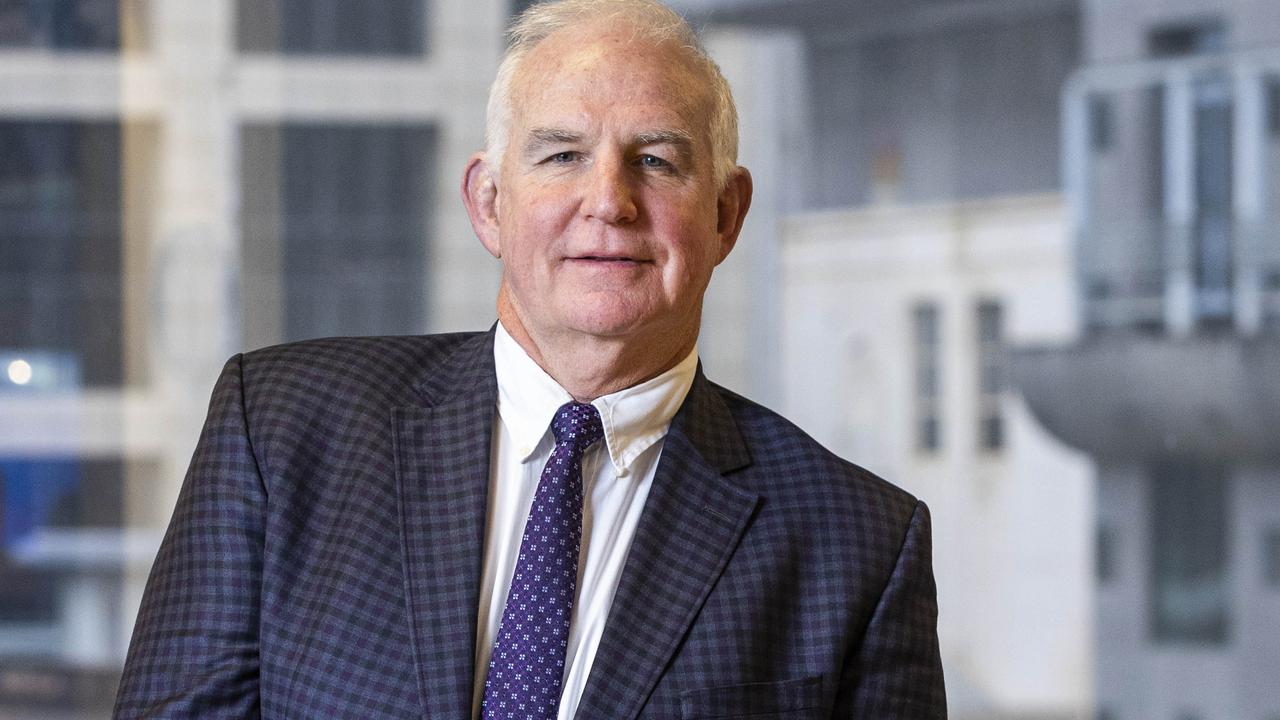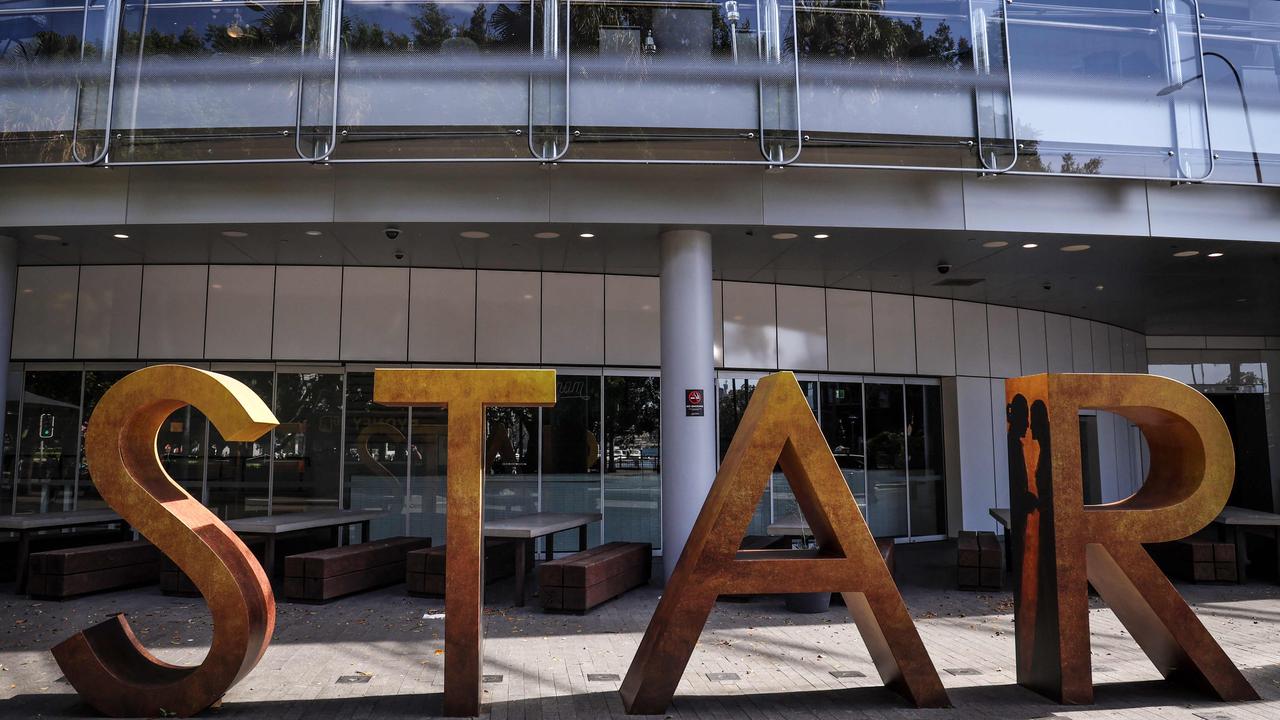International airfares as low as they will get as Flight Centre targets a stronger second half
The boss of the travel booking business has warned international airfares are unlikely to get any lower, as the company targets a stronger second half.
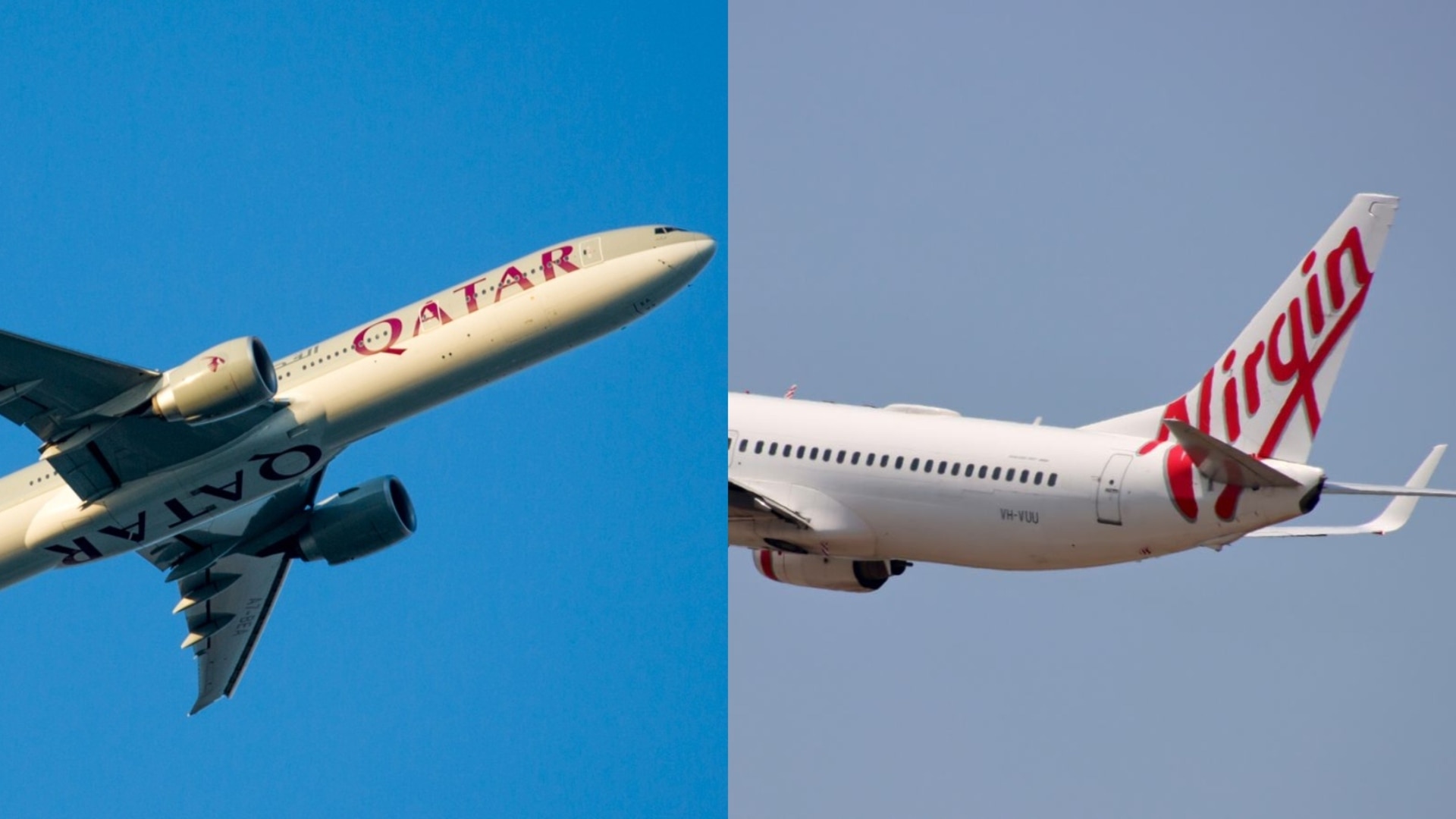
Business
Don't miss out on the headlines from Business. Followed categories will be added to My News.
Flight Centre’s boss has warned international airfares are unlikely to fall further as the travel group targets a stronger second half, following a lower than expected half year profit.
Underlying profit for the six months to December came in at $117m, below consensus of $127m, and before tax profit was down 27 per cent at $88m.
The results triggered an immediate 11 per cent plunge in Flight Centre’s share price to a 13 month low of $15.75.
It was noted strong ticket sales in Australia had been impacted by a 9 per cent “deflation” of international airfares in the first quarter, and a further 3 per cent in the second quarter to be down 6.5 per cent year on year.
The biggest falls were on flights to China, Spain, Japan, France and South Africa, while fares to Bali, Fiji and New Zealand increased slightly.
A better second half was forecast by Flight Centre, with full year profit still expected to land between $365m and $405m, albeit at the “low midsection of the range”.
Flight Centre CEO Graham Turner said cheap fares were not bad for business, because they encouraged more people to book travel, but he believed prices had bottomed out.
“It might seem that fares are still reasonably high and they might not be back to exactly 2019 levels but when you look at inflation we don’t think they’ll deflate too much more,” said Mr Turner.
“They’re probably back to reasonable value in most areas now.”
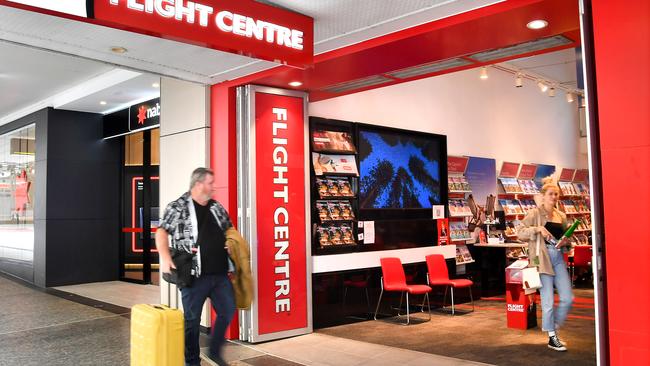
He welcomed the prospect of greater competition as a result of the Virgin Australia-Qatar Airways’ partnership, which remains subject to Foreign Investment Review Board approval.
Mr Turner said airlines like Qatar, Emirates and Singapore had brought a higher standard of product into the market, which many travellers now expected.
“Qantas still has the frequent flyer preference but they’ve got a way to go to catch up with product in the various classes,” he said.
“I don’t think people are too attached to the national carrier as they probably were 10 or 20 years ago, that’s for sure.”
On the domestic front, the Virgin-Qatar tie-up promised to provide greater financial stability for the smaller player and help it compete more evenly with the Qantas-Jetstar juggernaut, Mr Turner said.
Although it was disappointing to lose Rex from major city routes following the airline’s descent into administration, he said the continuation of regional services was important.
However, the federal government’s plan to acquire Rex if no-one else came forward did not strike him as “too smart”.
“There are plenty of other regional carriers, and government ownership of a regional carrier like that, it doesn’t appear to me to be a really smart idea,” he added.
Looking ahead, Flight Centre expected its luxury leisure businesses, Scott Dunn and Travel Associates, to contribute more than $50m in profit, alongside the travel retailer and its corporate arms.
Demand for high end premium travel showed no sign of waning, with the average booking value between $28,000 and $30,000.
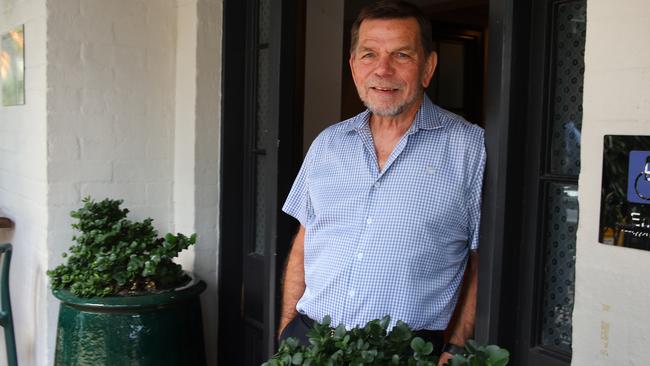
“It’s not only in Australia but particularly in the UK and America. That luxury market is going to be more and more important and the reason’s fairly obvious,” said Mr Turner.
“People who are spending that sort of money on luxury travel and destinations, they do need advice, they need a personal service to make sure they get it right.”
A dividend of 11c per share was announced for the first half, up 10 per cent on the previous corresponding period, and analysts questioned whether the second half would be strong enough to deliver a result within guidance.
“We knew leisure was soft but ongoing weakness in corporate was the key disappointment, with lower new business and softness in Asia,” said UBS analyst Tim Plumbe.
RBC analyst Wei-Weng Chen noted consensus for the full year result was at the “low end of the range, at $380m”.
“We expect the stock to trade weaker,” said Mr Chen, a view shared by Citi’s Samuel Seow.
Half year results for Helloworld Travel were also weak with net profit falling almost a third to $10.8m and total transactional value (TTV) down 6.9 per cent to $2.1bn.
Chief executive Andrew Burnes said Helloworld’s performance reflected the “challenging fiscal environment in Australia with cost of living increases impacting demand for leisure travel and reductions in airfares pushing TTV downwards”.
More Coverage
Originally published as International airfares as low as they will get as Flight Centre targets a stronger second half




